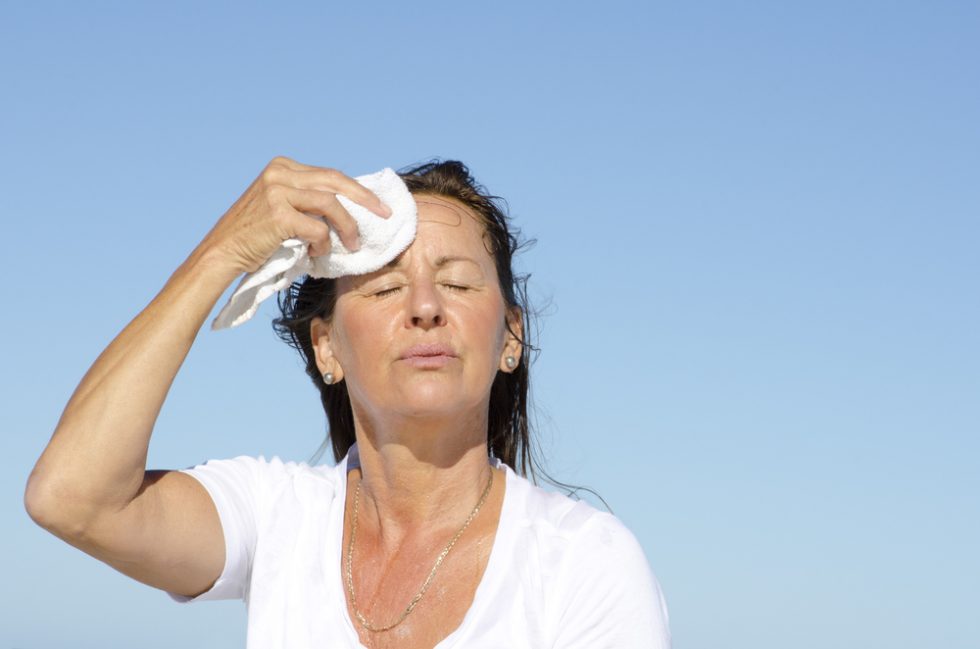
Hot Flash Causes
While menopause symptoms can vary, most women experience some degree of hot flashes.
Not only can these bursts of warmth cause discomfort and interfere with daily activities, they are also known to disrupt sleep and contribute to insomnia.
One of the best ways women can limit the severity and number of hot flashes is by identifying their triggers.
Continue reading to learn the most common hot flash causes and tips to avoid them.
What Are Hot Flashes?
Hot flashes are a common symptom of menopause. They are described as a feeling of intense heat that originates inside the body, rather than from an external source.
Hot flashes can present in a number of ways. Some women may experience:
- Tingling in fingers
- Sweating
- Skin warming
- Face flushing
- Any combination of these symptoms
Common Hot Flash Causes
Hot flashes are believed to be the result of hormonal fluctuations, including decreased estrogen, which affect the part of the brain that regulates body temperature.
While hot flash causes can vary from patient to patient, women should be aware of some of these common triggers:
- Stress and anxiety
- Alcohol consumption
- Tight-fitting clothing
- Caffeinated beverages and products
- Hot or spicy foods
- Smoking and second-hand cigarette smoke
How to Manage Hot Flashes?
Identifying and avoiding your specific hot flash causes can help alleviate discomfort and improve quality of life. You may also wish to take certain precautions including:
- Wear light, loose fitting clothes
- Practice breathing techniques to help regulate body temperature
- Keep your thermostat at a comfortable and cool setting
- Stay hydrated by drinking plenty of water
- Talk to a hormone specialist like Dr. Hall about hormone therapy
Learn More About Treating Hot Flashes and Menopause Symptoms
If you would like to learn more about identifying and managing hot flash causes, please call our office today to schedule a consultation with board-certified gynecologist Dr. Melinda Hall.




Add A Comment
You must be logged in to post a comment.